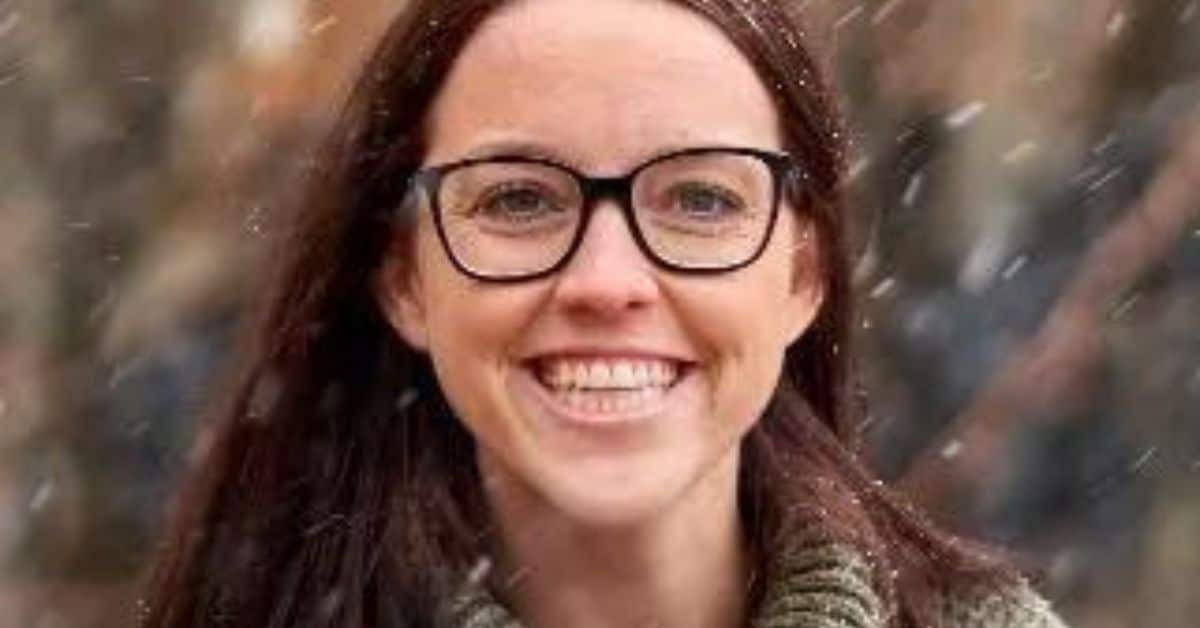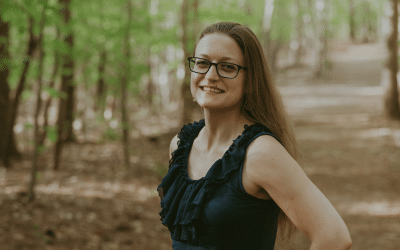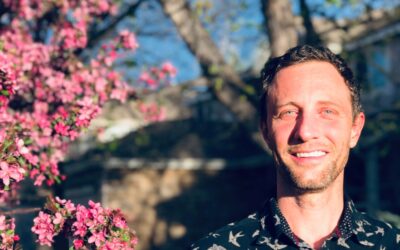Brianna Bendixsen, MA
PRATI has been gifted with Bri’s spirit, wisdom and dedication from inception. Bri is a KAP therapist and MAPS-trained MDMA-assisted psychotherapist and co-leads the development of PRATI’s KAP curriculum. She also serves as a board member of The Nowak Society. In this Faculty Spotlight, PRATI co-faculty Sandra Forston sat down with Bri to explore her passion and inspiration for this work.
SF: Can you share a few sentences about your journey to become a KAP therapist? What inspired you to enter this field?
BB: I began following the Multidisciplinary Association for Psychedelic Studies (MAPS) MDMA studies while living in the Bay Area in 2013 and became fascinated with psychedelic research. I contacted Dr. Phil Wolfson to ask about volunteer opportunities on the study, stopping just short of volunteering to pour his coffee [laughing]. Honestly, I was that motivated to be involved. I immediately recognized how psychedelic-assisted therapy could likely shift the paradigm of mental health care.
Fast forward a couple years, I worked at an academic clinic focused on supporting children with PTSD during my graduate training. I am incredibly grateful for my time there. Working in clinical research stirred my passion for research because children and families had access to therapy and medical care that they could not have afforded otherwise. Although I observed the benefits of early intervention, I had a deeper feeling that many interventions lacked heart. This led me to circle back on psychedelic research. Upon graduation in 2017, I contacted Marcela Ot’alora [MAPS Principal Investigator in Boulder, CO] and described my experience working with children with PTSD. She connected me with Dr. Scott Shannon [MAPS Principal Investigator in Fort Collins, CO] who happened to be looking for a study coordinator for MAPS’ MDMA-Assisted Psychotherapy for PTSD studies. The timing was perfect.
Managing the study and engaging with participants, I observed their relatively rapid transformations, but I remained outside their therapeutic process. Dr. Shannon then invited me to begin shadowing his KAP sessions. From that point forward, I knew I wanted to continue holding space for others in psychedelic medicine sessions.
Psychedelic professionals tend to have stories of synchronicity that led them, in one way or another, to this work. For me, I didn’t just start offering psychedelic-assisted therapy. It was a gradual process of recognizing opportunities as they unfolded. While I took the initiative to make connections and attend trainings, I wholeheartedly believe that I was led to this work through synchronicities. I continue to be inspired by clients’ tremendous resilience and courage, and find great meaning in supporting clients as they engage in deep and meaningful self-work.
SF: What is your hope for the future of psychedelic medicine? What steps are you taking to realize that vision?
BB: My greatest hope is a future where we offer children and young adults a comprehensive drug education program. Currently, the majority of drug education programs follow an abstinence-only model. There is a natural human drive to explore altered states of consciousness. Providing inaccurate information about drugs, or not talking about drug use at all, will not prevent experimentation with drugs and other medicines –especially now with media attention focused on psychedelics.
I also hope that our culture can find a balance between normalizing responsible, recreational use (i.e., comprehensive drug education) while still highlighting the importance of utilizing medicines in conjunction with the therapeutic process – it’s not just the medicine that catalyzes healing. For example, imagine you have a piece of cake. Simply ingesting the medicine is like scraping the icing off the top. The icing may taste delicious, but you’re still missing the most substantial part of the cake.
Right now, I’m organizing a Psychedelic Education Festival with The Nowak Society which will take place Oct. 1, 2022 in Denver, CO. I’m very proud of this project. We envisioned the festival as a collective “coming out of the psychedelic closet,” a space where the broader Denver public can dialogue and engage with local professional organizations and learn about psychedelic medicines, psychedelic-assisted therapy, and ongoing research and advocacy efforts, including proposed ballot initiatives ahead of November voting.
SF: How did you come to be a founding member of PRATI and lead faculty in KAP trainings?
BB: In 2019, a small group of professionals in Fort Collins came together over a similar mission and shared values of how we hoped to expand psychedelic work within our Colorado community. It was a passion project at that point: we all met once a month to gather in community, discuss our values, and co-create an organization to teach others how to do the same in their communities. We held an internal, prototype KAP training as a group in late 2019 and I presented on ethics and the role of physical touch/how to offer clients support during KAP sessions. I then started as a co-faculty member and weekend coordinator for our first official KAP training for the public. When my colleague, Stephen Thomas, stepped into the program coordinator role, I then joined Jason Sienknecht in the lead faculty role. As alumni may know, our KAP faculty team jokes about being “frolleagues” – friends and colleagues. My “frolleagues” are the most heart-centered, brilliant group of humans I’ve ever met. I know I speak for all of us in feeling incredibly humbled and grateful by the success of our KAP trainings and our larger PRATI community.
SF: What is some advice you would offer for a provider interested in starting to practice KAP and/or other psychedelic-assisted therapies?
BB: First and foremost, start out slowly and don’t rush the process. I think it’s important to shadow and learn from a variety of people who have more experience holding space in psychedelic sessions. I recommend taking multiple trainings that offer various perspectives so you can gain greater insight into your own values and how you want to hold space as a provider, rather than trying to template or model what you’ve seen others do. You’ll start to identify role models whose values and styles you resonate with the most. Do your best to learn about different psychedelic medicines and have your own therapeutic experiences with those medicines. Lastly, when practicing as a psychedelic-assisted psychotherapist, regular, ongoing supervision and consultation with trusted peers is a must.




